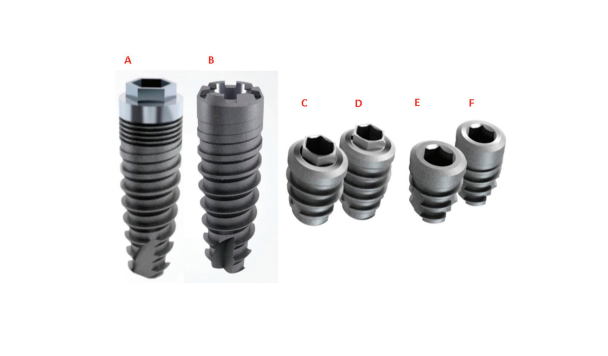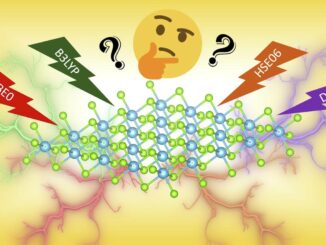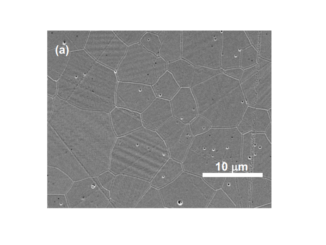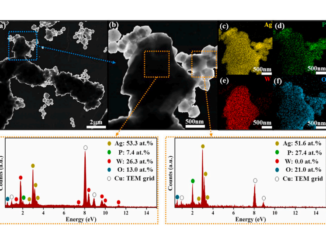
In vitro evaluation of the influence of bone cortical thickness on the primary stability of conventional- and short-sized implants
Abstract: Background: The aim of this in vitro study was to evaluate the influence of the cortical thickness on the primary stability of short and conventional-sized implants with two types of prosthetic connection. Material and Methods: Seventy-two implants were used. These implants were placed in polyurethane blocks that simulated low-density bone tissue (type IV bone), with two bone cortical heights (type I bone): 1mm and 3mm. The implants were divided into 6 groups with 12 implants each according to the type of prosthetic connections (external-hexagon -EH and morse taper- MT) and implant sizes (conventional- 4x10mm and short 5x5mm; 5.5x5mm; 5x6mm; 5.5x6mm). Insertion torque (IT) and resonance frequency analyzes (RFA) were performed to evaluate the primary stability of the implants. Results: All implants installed in blocks with 3mm of cortical thickness showed greater IT than those installed in 1mm. The short-sized MT implants had a higher IT than conventional implants of the same connection. Short-sized EH implants showed less IT than short-sized MT implants in blocks with 3mm of cortical. In blocks with 1mm of cortical, conventional EH implants had a higher IT compared to short-sized EH implants. The conventional sized implants presented higher RFA values despite the thickness of the cortical in the blocks. Conclusions: The greater bone cortical thickness and implants size provides greater primary stability of the implants regardless the prosthetic connection.
Author(s): Barros, L.A.B.; Silva, C.F.; Camargos, G.V.; Marcantonio Jr, E.; Oliveira, G.J.P.L.; Barros-Filho, L.A.B.
Journal of Clinical and Experimental Dentistry
Published: 2022-01-01
DOI: http://dx.doi.org/10.4317/JCED.58886
CDMF
The CDMF, hosted at the Federal University of São Carlos (UFSCar), is one of the Research, Innovation and Dissemination Centers (RIDC) supported by the São Paulo State Research Support Foundation (Fapesp), and also receives investment from the National Council Scientific and Technological Development (CNPq), from the National Institute of Science and Technology of Materials in Nanotechnology (INCTMN).




